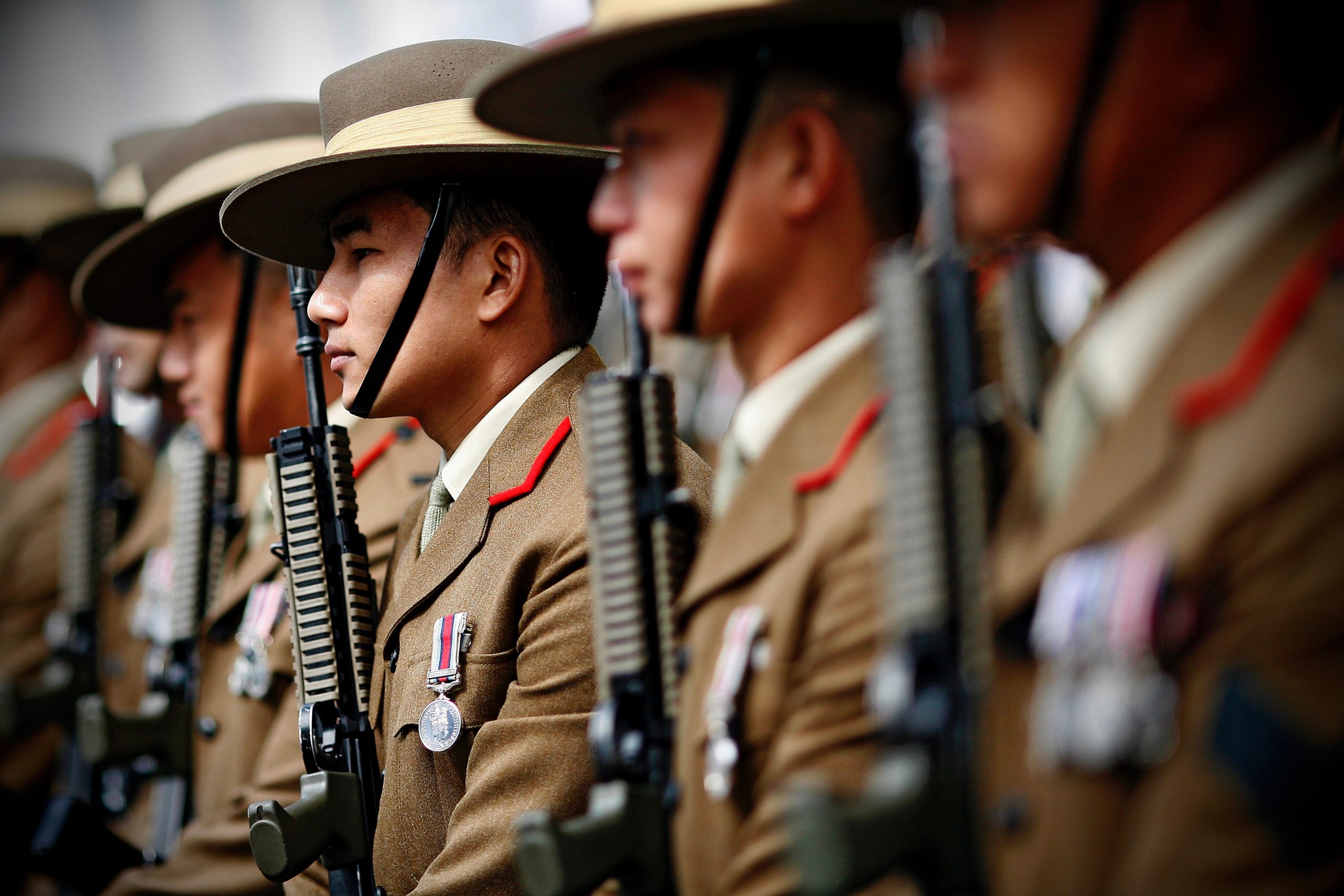News
Gurkha veterans on hunger strike in pensions row

Three Gurkha veterans are on their fifth day of a hunger strike protest outside Downing Street over the government’s failure to provide them with a full Armed Forces pension.
Gurkhas who served in the British Army who retired before 1997 receive a fraction of the pension the rest of the army receive.
One Gurkha on hunger strike told the BBC that his lump sum on leaving the army was £3,000 compared to that of a British veteran who received between £60,000 and £70,000.
He said he now receives a monthly pension of £350 compared to British ex-soldiers of the same rank who receive £1,200 to £1,300.
More than 200,000 Gurkhas fought in the two world wars, as well as serving for the British Army in Hong Kong, Malaysia, Borneo, Cyprus, the Falklands, Kosovo, Iraq and Afghanistan.
The Gurkha Pension Scheme (GPS) was based on Indian Army rates for those with at least 15 years’ service. The government says it was designed for retirement in Nepal, where the cost of living is significantly lower than in the UK.
But in 2009, all retired Gurkhas won the right to live in the UK, following a high-profile campaign led by actress Joanna Lumley, whose father served with the Gurkhas. Many Gurkhas will have taken up the right to settle in the UK following this change of policy by the Labour government.
Serving Gurkhas and all those who retired after 1 July 1997 were allowed to transfer to the Armed Forces pension scheme – but those who retired before that date remain part of the old Gurkha pension scheme, worth a fraction of a full army pension.
Who are the Gurkhas?
The Gurkhas are soldiers from Nepal who have been recruited into the British Army for the last 200 years.
Since 1947, the Gurkhas have fought for the British Army, receiving a total of 13 Victoria Crosses between them. During the two world wars 43,000 Gurkha soldiers lost their lives
Soldiers are selected for 200 places each year from men living in the hills of Nepal. The Gurkha selection process has been described as one of the toughest in the world. It culminates in a gruelling race, which involves carrying 25kg of sand while running up a steep 4.2km course.